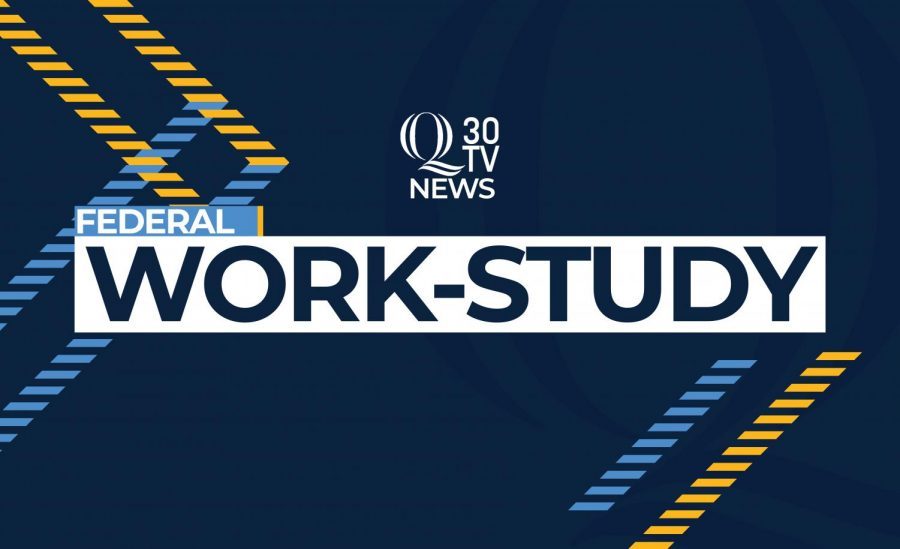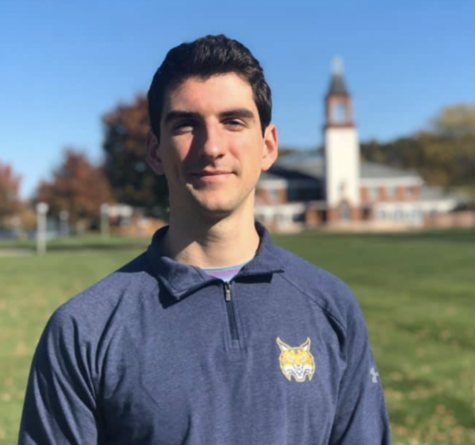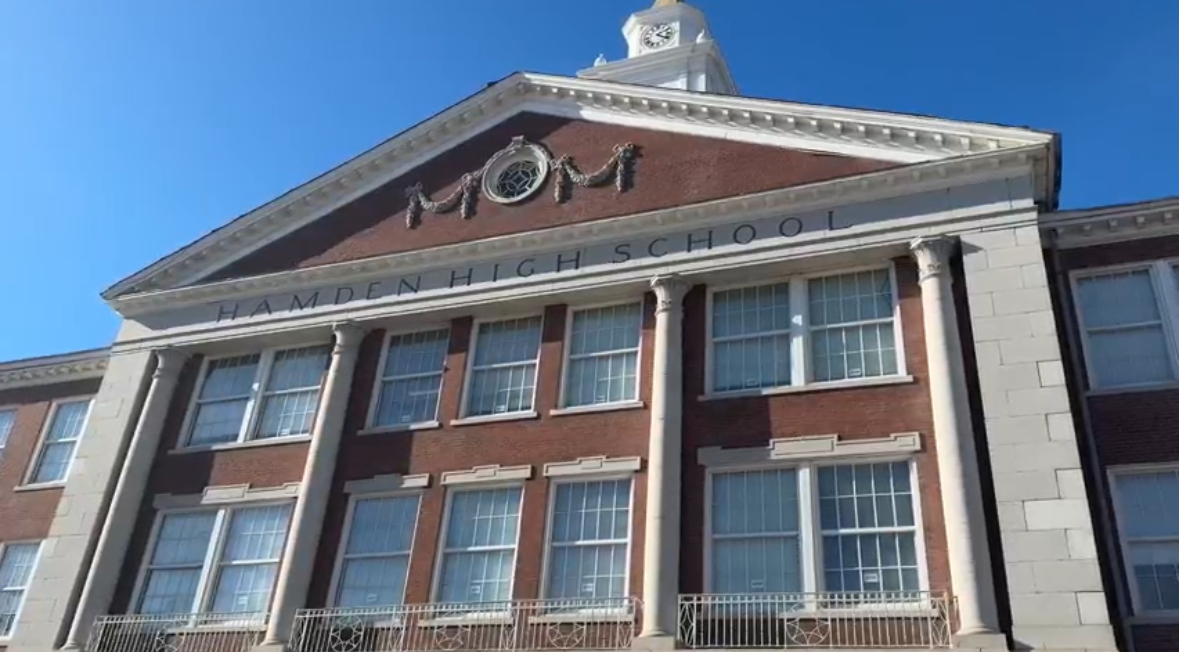Cash in on the New Change to Work-Study Program
Dylan Abad
August 20, 2019
The federal work-study program provides part-time jobs for undergraduate and graduate students with financial need, allowing them to earn money and help pay their educational expenses.
“Federal work-study provides an opportunity for students to gain valuable work experience while pursuing their degree,” Regina Leonard, director of talent acquisition at Quinnipiac University said.
In recent years, applications have flooded the work-study program in favor of more desirable jobs, including fitness center assistants and admissions representatives.
However, each department accepts only a dozen or so employees each semester, leaving many students who were denied their first and second job choice with few alternatives other than opting out of the federal work-study program entirely.
This year, some changes are anticipated to attract more student applicants and work-study employees for the upcoming 2019-2020 school year.
“There will be a change to the Connecticut minimum wage, which is being raised to $11.00, effective Oct. 1, 2019,” Leonard said. “As of this date, student hourly rates will increase from $10.10 to $11.00.”
The Oct. 1 minimum wage increase is Connecticut’s first step in reaching their goal of $15.00 an hour by 2023. More changes are expected in coming years; $12 in September 2020, $13 in August 2021, $14 in July 2022 and $15 in Oct 2023.
“The increase in Connecticut’s minimum wage is great for students,” James Coulson, a federal work-study employee said. “It helps us pay our way through school while maintaining that flexibility needed to be a college student.”
Other, non-federal work-study positions are available for students, but are not guaranteed. A complete list of all non-federal work-study positions can be found here.
Students generally work between eight to ten hours per week, but are able to apply for a second job depending on the position and hours of availability offered.
Work-study earnings are not applied directly to tuition and fees, rather compensated via paycheck on a bi-weekly basis.
In order to apply for federal work-study, students must file a free application for federal student aid. Eligibility is determined based on applicants who have demonstrated need and qualify based on FAFSA results.
Students have responded “very positively,” Leonard said. “Having work experience can help direct students toward their professional goals.”







